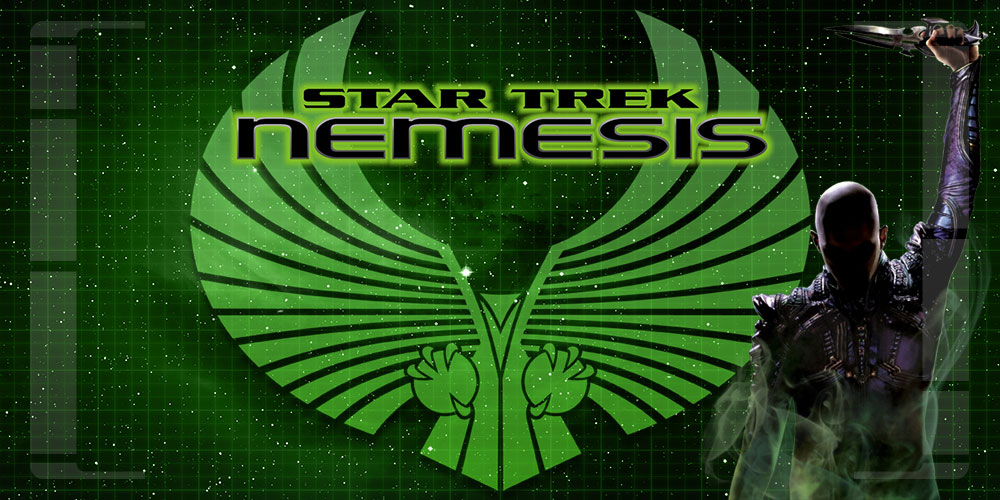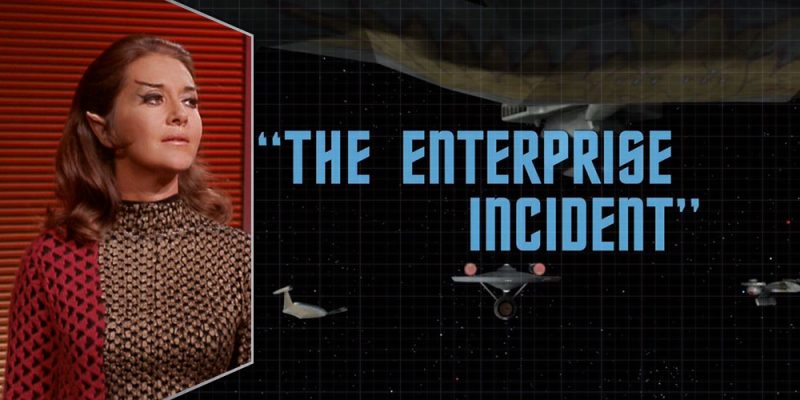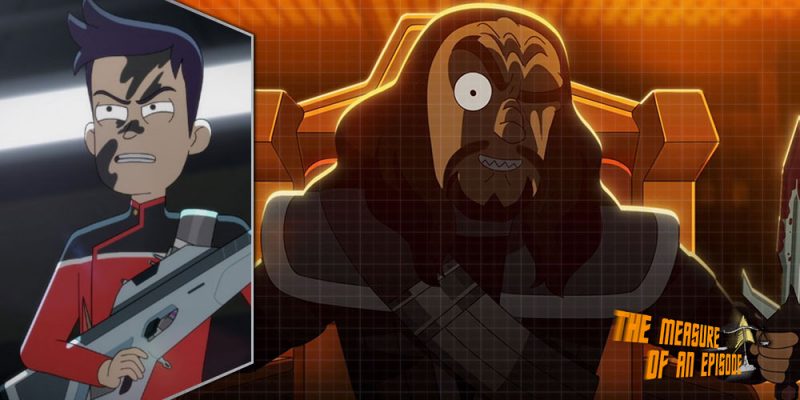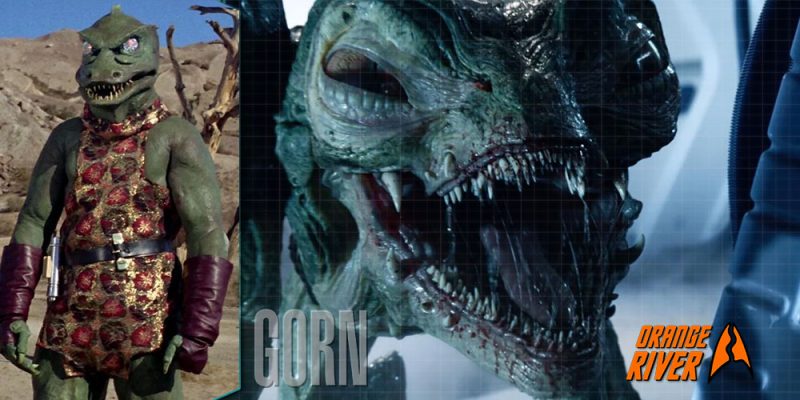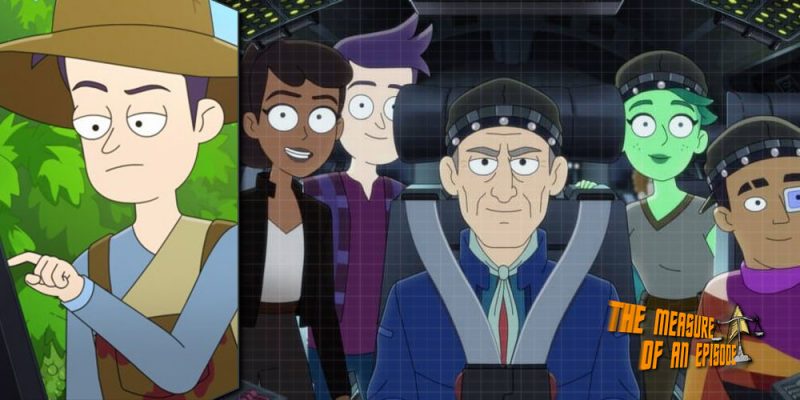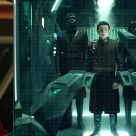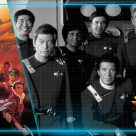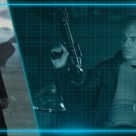It is Christmas 2002 and at the cinema, we are spoilt for choice with new releases in four major film franchises. The second instalments from Harry Potter and Lord of the Rings and Pierce Brosnan’s final outing as James Bond were attracting the headlines.
The fourth of these big films, Star Trek: Nemesis seemed to slip out with very little fanfare. At 39% on Rotten Tomatoes only Star Trek V: The Final Frontier has a worse rating (22%) and along with its predecessor Star Trek: Insurrection, Nemesis generally sits at the bottom of the poll of Star Trek films. Does it deserve its poor reputation or has the passage of time revealed redeeming features?
The opening scene with the dissolving of the Romulan Senate by a Thalaron bomb bodes well for the darker film that was sorely needed after Insurrections lighter tone. At this point and with the wedding of Riker and Troi which followed Simon Pegg’s oft-quoted rule from Spaced seemed to be holding good: “Sure as day follows night, sure as eggs are eggs, sure as every odd-numbered Star Trek movie is sh*t.”
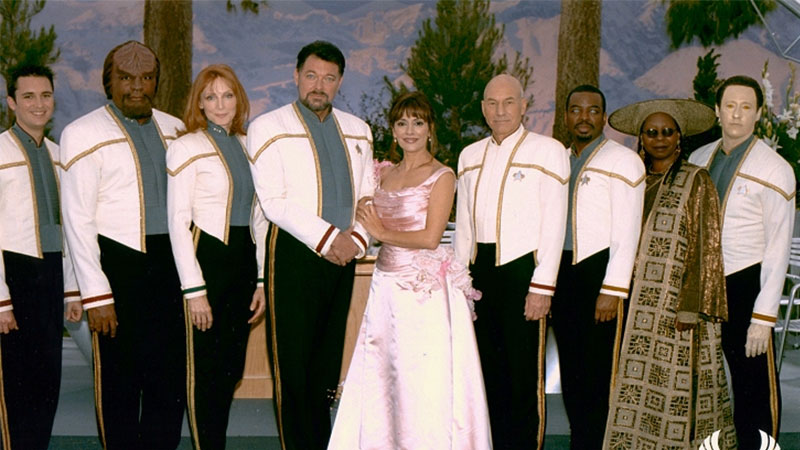
Picard’s best man’s speech is genuinely affecting. The cross-play between LaForge, Guinan and Worf sets up the conversation between Troi and Riker, and Picard and Crusher nicely, the latter looking for all the world like a couple themselves. There are odd moments that jar, however, Wesley in uniform; did the director not watch the episode Journeys End? And Worf reminding us unnecessarily who wrote Blue Skies breaks the mood of the scene and the song.
And that is where the main problem lies with Nemesis. Stuart Baird was primarily known as a film editor but had directed two films before Rick Berman offered him the chance to lead Nemesis. He is quoted as saying he wanted to make a film “that stands alone and doesn’t rest on all the past history.” Any long-standing TV and film franchise rests on its history, and Baird’s reported refusal to watch old TNG episodes or to become versed in the lore makes you wonder why he took on a project that he had no knowledge of or apparent interest in.
Berman appointed Baird because he had enjoyed “the sense of fun and action that existed in Executive Decision.” Baird says that he created an action film; “with as much bang for your buck, and thrills, spills, emotion, and humour. That was my task, and not to get too precious about it.” The car chase scene that has Picard, Data and Worf racing across a desert planet on a treasure hunt for the bits of B4 would have been just fine in a film without Starfleet uniforms and while it is fun it just feels out of place here.
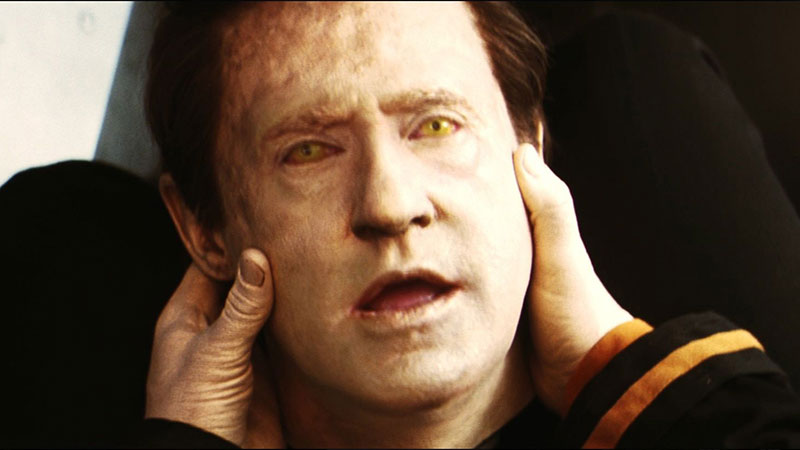
The fact that Star Trek, and especially TNG is about relationships was seemingly lost on Baird, and the criticism that some of the characterisations was strange is valid. We had been watching these people for fifteen years by this point, as Picard reminds us in his wedding speech, we know who they are, and we care about them. Baird’s disinterest in that shared continuity between fans and franchise is the biggest cause of Nemesis failure.
Picard’s character had lightened up a lot starting with the series finale and continuing through the films, but the jollity feels a little forced here. While Patrick Stewart is incapable of giving a below-par performance, he was better directed by Jonathan Frakes in the previous two films. Speaking of which, despite Frakes being partially absent directing other films, his work was one of the better parts of Insurrection and certainly responsible for the success of First Contact, so why wasn’t his experience with the characters and actors drawn on more?
The film was written by John Logan from an initial story idea by Logan, Brent Spiner, and Berman. According to Spiner, speaking at Destination Star Trek in 2019 Paramount had decided that the 10th film would be the last. Data’s quest to grow beyond his programming had become the defining plot point of the three earlier TNG era films, so logically having him explore it to the point of making the ultimate sacrifice tied the storyline up and brought the curtain down on his journey to become fully human. There is nothing wrong with the story and the script as it was filmed but looking beyond the theatrical cut of the film shows how much more there was to the story.
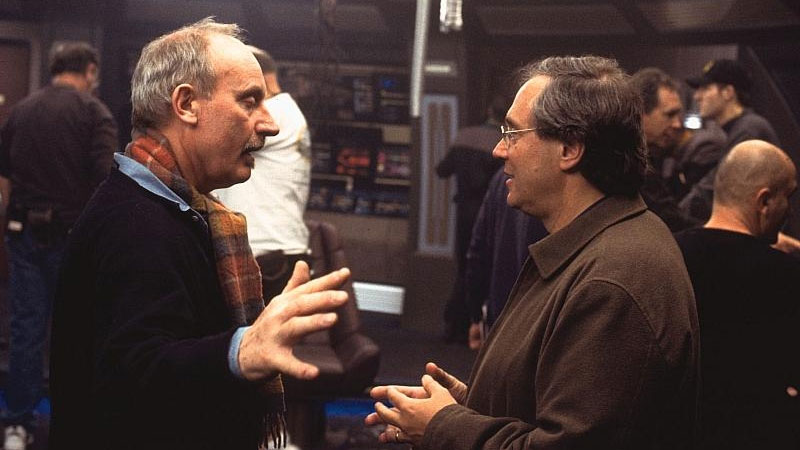
In the DVD extras, Rick Berman says that the film as originally shot was 45 minutes longer. It was cut down to 117 minutes for release. But in that process, some aspects were lost that, despite Berman’s assertion that there was nothing removed that did not deserve to be, should have been kept making a more fitting coda to the next generation of Star Trek.
The relationship between Beverley Crusher and Picard has clearly moved on a step, although one of the scenes that did deservedly end up on the cutting room floor has them talking to Wesley about serving on the Titan. There are a couple of other deleted scenes between them, and Gates McFadden’s last line is a promise to “save the last dance” for Picard.
A deleted scene that takes on new significance with the advent of Star Trek: Picard has the Captain and Data sharing a moment over a glass of Chateau Picard 2267. Data picking up the Ressikan flute that symbolises family to Picard above all things would not have been lost on the audience at the time.
Their discussion of the passage of time and mortality prefigures the transition of Picard himself to an Android form and his interactions with Data, Riker and especially Soji in the later series. It also reflects his conversations about time in Star Trek: First Contact.
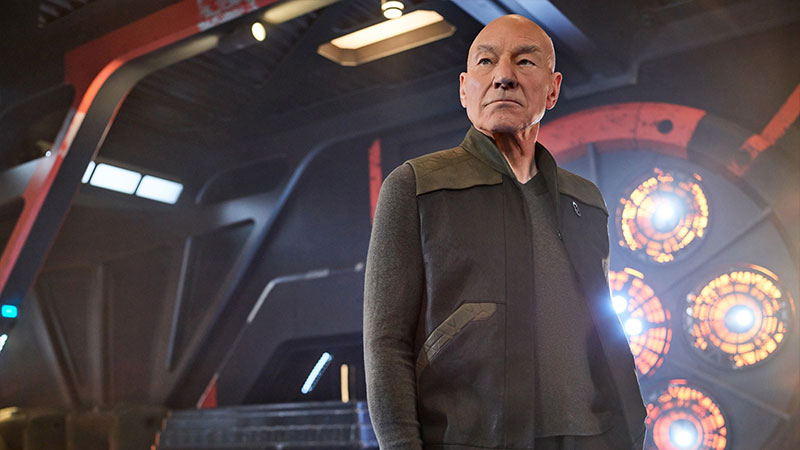
While you could hardly expect Baird and his team to know how a series twenty years in the future would play out, this pivotal scene makes sense of Data’s actions at the end of the film. It also reflects key aspects of Data and Picard’s relationship that were recognised and built on by the Star Trek: Picard writing team. So why did it get chopped? Apart from anything else, it is a very well-acted and directed piece.
The commercial failure of Nemesis also contributes to it being viewed in a mostly negative light. Pitching it against three other major franchises, all arguably hotter than Star Trek after the four-year wait following the lacklustre Insurrection was not an astute marketing move.
There was a general feeling of franchise fatigue surrounding Trek as a whole at the time reflecting on the series Enterprise as well as the reception of Nemesis. Looking back from a time where multiple series are the production run by people patently passionate about Trek the impression that nobody involved in the direction or management of the film was that bothered about it is inescapable.
So, if the film that finally emerged from the directorial issues and the editor’s axe is far from perfect why do you need to watch it again? Nemesis was the jumping-off point for pretty much everything Star Trek that followed.
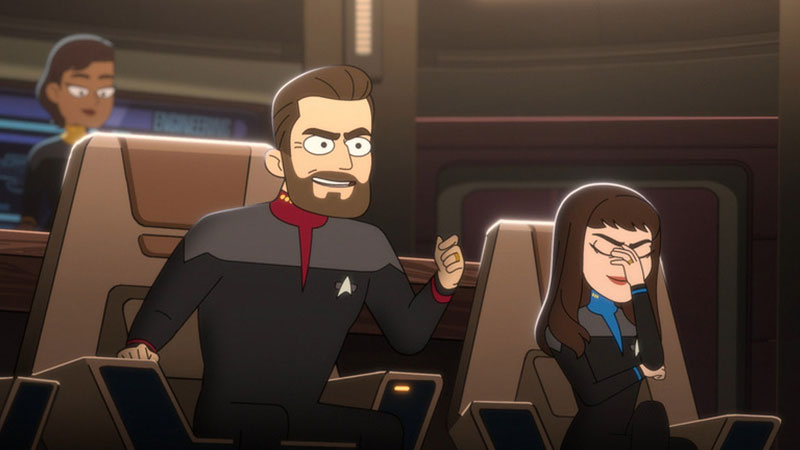
The film provides the ground on which a twenty-year literary continuity was built, with novels covering the USS Titan as well as the continuing adventures of Picard and the new crew of the Enterprise.
The premise of Picard is based on the loss of Data as much as the aftermath of the Romulan supernova. The use of Blue Skies to bookend that series, with Bing Crosby’s version playing in episode one and Isa Briones rendition supporting Data’s final dissolution in the finale is not a coincidence. Bing was, of course, the grandfather of TNG’s Denise Crosby, and this detail is typical of the care now being brought to the franchise, and which could have been lavished on Nemesis.
Having watched the film again for the writing of this piece I found myself letting go of the received wisdom that it has no redeeming features.
Yes, it is a bit of a mess directorially, but just watch it as a decently written and acted action movie which anticipates so many books and TV episodes that have restored the Star Trek franchise to greatness, and you will come away feeling, as I did, far more positive about Star Trek: Nemesis…

